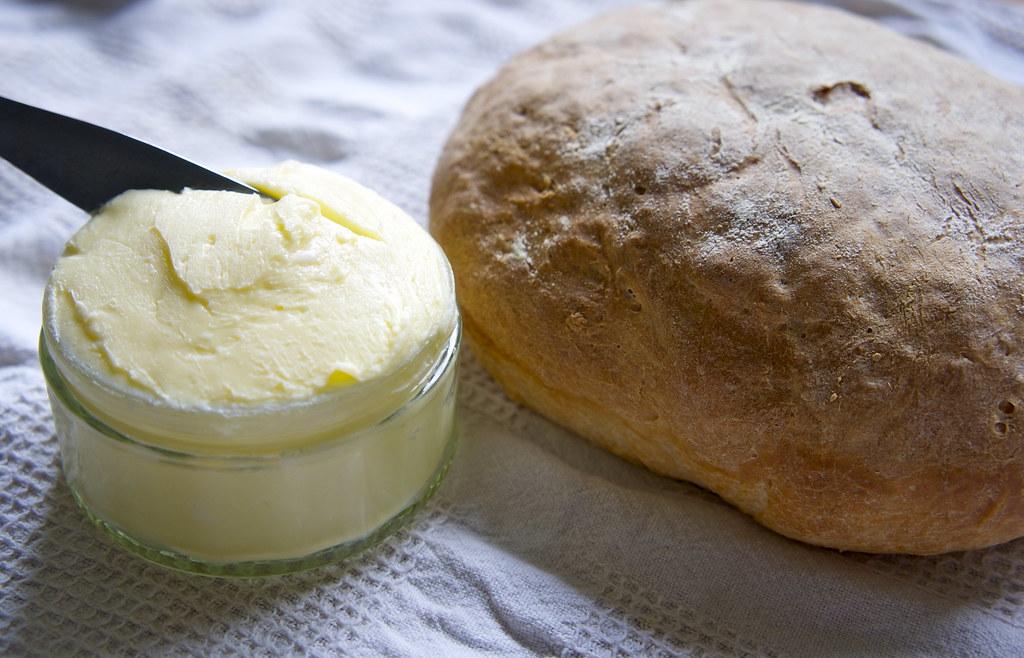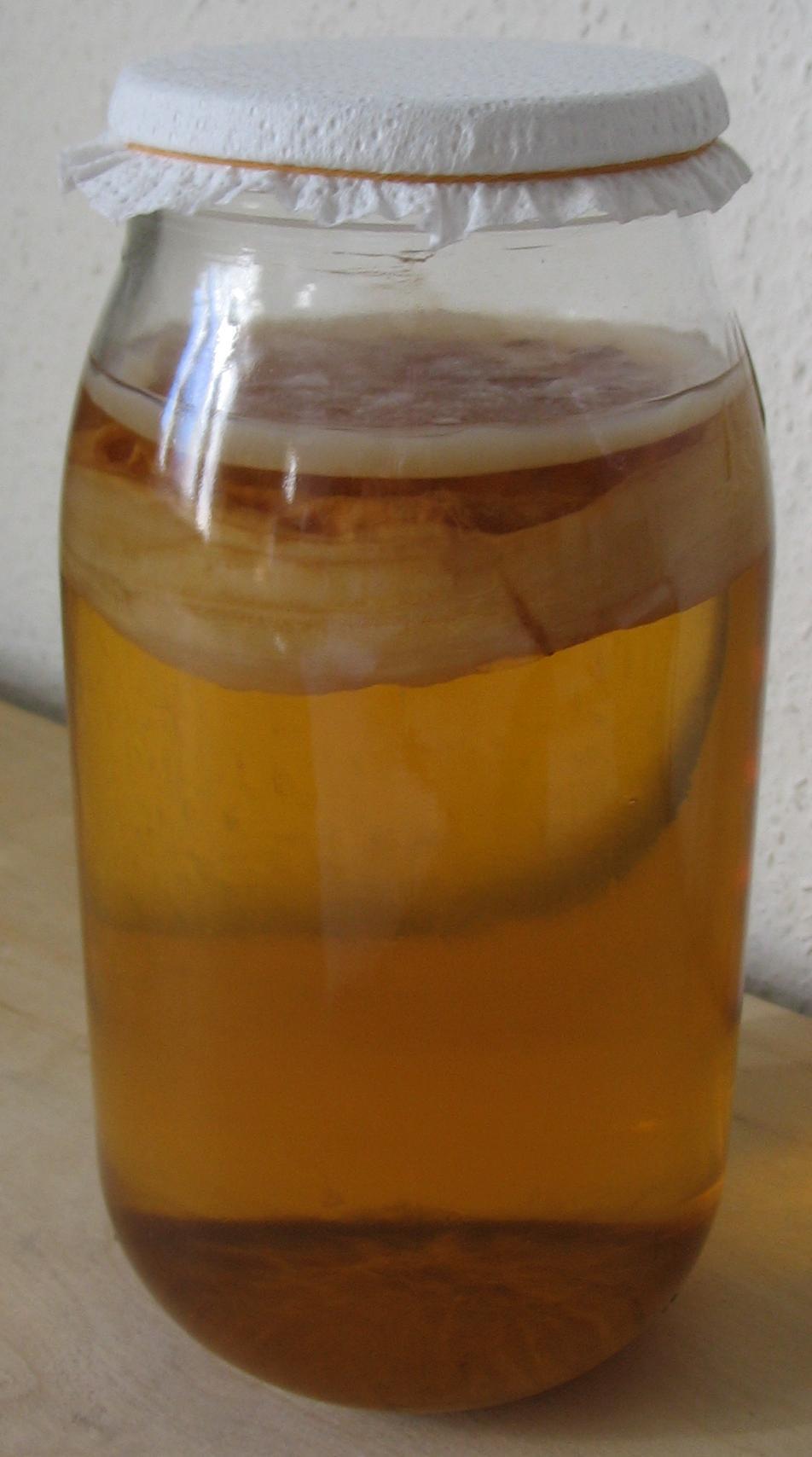In the world of probiotic-packed beverages, kombucha stands out as a shining star. This effervescent drink, often made of a combination of tea, sugar, and a symbiotic culture of bacteria and yeast, has been capturing the taste buds and curiosity of health enthusiasts and flavor adventurers alike. Let’s delve into the magical realm of kombucha and explore the fascinating process of how this tangy elixir is crafted, sip by sip.
Table of Contents
- Exploring the Art of Crafting Kombucha from Scratch
- Unveiling the Secrets Behind Homemade Kombucha Fermentation
- Mastering the Flavorful Alchemy of Brewing Kombucha at Home
- Elevate Your Kombucha-Making Skills with Proven Techniques
- Q&A
- In Summary


Exploring the Art of Crafting Kombucha from Scratch
Crafting kombucha is a flavorful journey that combines art and science in a single fermenting vessel. As you delve into the world of homemade kombucha, you unlock a realm of creativity where you control the ingredients, flavors, and fermentation process. Embrace the magic of transforming sweet tea into a tangy and effervescent drink that tantalizes your taste buds with each sip.The key elements of crafting kombucha from scratch include:
- Scoby: The symbiotic culture of bacteria and yeast, often referred to as the "scoby," is the heart of kombucha brewing.
- Sweet Tea: Quality tea and sugar form the base of kombucha, providing nourishment for the scoby to thrive and ferment.
- Fermentation: Allowing the scoby to ferment the sweet tea mix creates the signature tanginess and fizziness of kombucha.
- Flavorings: Experiment with fruits, herbs, and spices to infuse your kombucha with unique and delightful flavors.
Create Your Own Kombucha Flavor Combinations:
| Flavor | Ingredients |
|---|---|
| Citrus Burst | Lemon and ginger slices |
| Berry Blitz | Mixed berries and mint leaves |
| Tropical Twist | Pineapple chunks and coconut flakes |
| Herbal Infusion | Lavender buds and chamomile flowers |
Embark on your kombucha-making adventure and let your creativity flow as you master the alchemy of fermenting tea into a healthful and delicious elixir.

Unveiling the Secrets Behind Homemade Kombucha Fermentation
Ever wondered about the magic behind homemade kombucha fermentation? Let’s dive into the fascinating world of creating this probiotic-rich, fizzy drink right at the comfort of your home.
**What makes kombucha so special?**
- **Live Probiotics:** Kombucha is a natural source of live probiotics beneficial for gut health.
- **Versatile Flavors:** From tangy to fruity, you can experiment with various flavors to find your perfect match.
- **DIY Fun:** Crafting your own kombucha allows you to unleash your creativity and customize your brew.
| Ingredient | Function |
|---|---|
| Tea | Provides nutrients for the SCOBY to ferment |
| Sugar | Feeds the yeast during fermentation |
| SCOBY | The symbiotic culture of bacteria and yeast responsible for fermentation |


Mastering the Flavorful Alchemy of Brewing Kombucha at Home
**Kombucha Varieties:**
- Classic Green Tea Kombucha
- Fruity Hibiscus Infused Kombucha
- Zesty Ginger Lemongrass Kombucha
- Refreshing Citrus Blend Kombucha
**Brewing Tips:**
- Keep your brewing vessel clean and sanitized.
- Monitor the temperature during fermentation for optimal results.
- Experiment with different teas and flavorings for unique kombucha blends.
- Don’t forget to burp your bottles to release excess carbonation.


Elevate Your Kombucha-Making Skills with Proven Techniques
Elevate your kombucha-making skills by incorporating innovative techniques that are guaranteed to take your brew to the next level. Harness the power of unique ingredients and precise fermentation methods to create a concoction that bursts with flavor and health benefits. With a touch of creativity and a dash of expertise, you can transform your kombucha into a symphony of taste sensations.
Explore the realm of kombucha alchemy with our expert tips, from selecting the finest teas to mastering the art of flavor infusion. Unleash your inner brewmaster and unlock a world of possibilities as you experiment with a myriad of organic fruits, herbs, and spices. Elevate your brewing game and delight your taste buds with each sip of your homemade probiotic elixir.
Q&A
**Q&A: Exploring the World of Kombucha**Q: What is kombucha made of?
A: Kombucha is typically made from a combination of brewed tea (often black or green tea), sugar, a symbiotic culture of bacteria and yeast (SCOBY), and water.
Q: Why is sugar used in kombucha?
A: Sugar acts as a food source for the SCOBY during the fermentation process. It is essential for the fermentation of the tea into kombucha.
Q: What role does the SCOBY play in making kombucha?
A: The SCOBY is the living culture responsible for transforming the sweet tea into tangy and effervescent kombucha through the process of fermentation.
Q: Can different types of tea be used to make kombucha?
A: Yes, kombucha can be made using various types of tea, such as black tea, green tea, oolong tea, or even herbal teas, each imparting a unique flavor profile to the final brew.
Q: Does kombucha contain alcohol?
A: During the fermentation process, trace amounts of alcohol are naturally produced. Commercially available kombucha typically contains less than 0.5% alcohol by volume.
Q: Are there any variations to traditional kombucha recipes?
A: Yes, some brewers experiment with adding fruits, herbs, or spices during the secondary fermentation stage to enhance the flavor and create unique kombucha blends.
Q: Is kombucha a probiotic-rich beverage?
A: Yes, kombucha is known for its probiotic content, which may have potential health benefits for gut health and digestion when consumed as part of a balanced diet.
Q: How long does it take to make kombucha?
A: The fermentation process can typically take anywhere from 7 to 14 days, depending on factors such as temperature, the strength of the SCOBY, and desired flavor profile.
Q: Can homemade kombucha be flavored?
A: Yes, once the primary fermentation is complete, kombucha can be flavored with fresh fruits, juices, spices, or herbs before undergoing a secondary fermentation to develop added flavors.
Q: What are the key factors to consider when brewing kombucha at home?
A: Maintaining cleanliness and proper hygiene practices, monitoring fermentation progress, and adjusting brewing conditions to suit your taste preferences are essential for successful homemade kombucha production.
